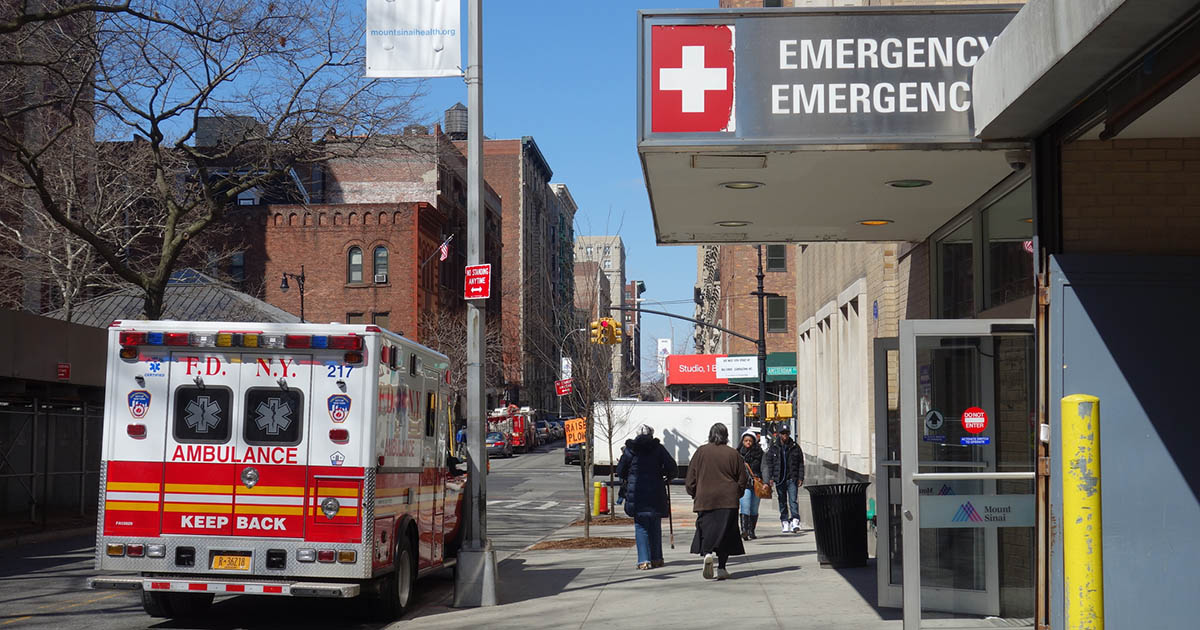Guide To Treating And Preventing Sun Poisoning
Seek Immediate Medical Care

In addition to skin redness, blistering, and pain, patients who have sun poisoning may develop a fever, chills, nausea, dizziness, and dehydration, along with confusion, fainting, and an upset stomach. Patients who believe they may be experiencing sun poisoning are advised to seek immediate medical care at an urgent care facility or at the emergency room. While at the medical facility, clinicians will check the patient's temperature, blood pressure, respiration, and other vital signs. They will listen to the patient's heart and lungs and ask about any nausea or upset stomach. A mental status exam and a neurological exam might be performed to evaluate signs of confusion or dizziness, and doctors will also examine the patient for symptoms of dehydration. If necessary, intravenous fluids can be administered to rehydrate the patient and balance their electrolytes. Pain relievers will be provided, and clinicians may also begin treating the blistering, redness, and other skin symptoms the patient might have.
Keep reading to reveal the key options for the prevention of sun poisoning now.